MongoDB Competitors
Overview
MongoDB competitors and alternatives are other NoSQL databases that offer similar or different features and capabilities for storing and managing data in non-relational formats.
Some popular MongoDB competitors include Cassandra, Couchbase, Redis, Oracle NoSQL Database, ArangoDB, and Microsoft Azure Cosmos DB.
Choosing the right MongoDB competitor or alternative depends on the specific requirements of your application, such as the scale of data, performance needs, data model, consistency requirements, and budget considerations. It's important to thoroughly evaluate the features, limitations, and community/support around each option before making a decision.
What is MongoDB
MongoDB is a popular open-source, NoSQL, document-oriented database management system that stores data in flexible, JSON-like documents. It is designed to handle large-scale, high-performance, and distributed databases.
MongoDB uses a flexible, dynamic schema, which allows for storing data in a semi-structured or unstructured format, making it suitable for handling data that may evolve over time. It supports a wide range of data types, including strings, numbers, dates, arrays, embedded documents, and binary data.
Features
One of the key features of MongoDB is its ability to horizontally scale by distributing data across multiple servers or nodes in a cluster, providing high availability and fault tolerance. MongoDB also provides various advanced features like auto-sharding, replication, and load balancing to ensure scalability and reliability.
MongoDB uses a powerful and expressive query language for retrieving and manipulating data called the MongoDB Query Language (MQL). MQL supports rich queries, indexing, aggregation, and geospatial queries, among other advanced query capabilities.
Uses
MongoDB is widely used in modern web applications, mobile apps, and other data-intensive applications where flexibility, scalability, and performance are crucial. It has a large and active community of developers and users and offers extensive documentation, support, and tools for developers to build robust and scalable applications.
MongoDB is a popular NoSQL database that is used by many companies for a variety of purposes.
- Adobe:
Uses MongoDB to power its Creative Cloud services and manage user data. - Uber:
Uses MongoDB to store data related to ride requests, driver and rider profiles, and trip history. - Shopify:
Uses MongoDB to store customer and order data for its e-commerce platform. - Cisco:
Uses MongoDB to power its Internet of Things (IoT) platform, which collects and analyzes data from IoT devices. - Forbes:
Uses MongoDB to manage its content publishing platform, including article metadata and user data. - Twitch:
Uses MongoDB to store user data, game metadata, and chat messages. - Foursquare:
Uses MongoDB to store location data, user check-ins, and venue information. - The New York Times:
Uses MongoDB to store article metadata, user data, and advertising information.
Advantages of MongoDB
- Flexible and Scalable Data Model:
MongoDB uses a document-oriented data model that allows for flexible and dynamic schemas, making it suitable for handling data that may evolve over time. It can store data in a semi-structured or unstructured format, providing the ability to handle diverse data types and structures. - High Scalability and Performance:
MongoDB supports horizontal scaling by distributing data across multiple servers or nodes in a cluster, providing high scalability and performance for large-scale applications with high data volumes and concurrent users. It also supports features like auto-sharding, replication, and caching for optimized performance. - Rich Query Capabilities:
MongoDB provides a powerful and expressive query language called the MongoDB Query Language (MQL), which supports rich queries, indexing, aggregation, and geospatial queries, among other advanced query capabilities. This allows for flexible and efficient data retrieval and manipulation. - High Availability and Fault Tolerance:
MongoDB provides built-in features like automatic replication, failover, and data redundancy, which ensure high availability and fault tolerance of data. It also supports multi-data center deployments for disaster recovery and data backup. - Developer Productivity:
MongoDB has a large and active community of developers, extensive documentation, and a wide range of tools and libraries, which make it easy for developers to work with and build applications using MongoDB. It also has support for various programming languages and frameworks, making it highly accessible for developers.
Limitations of MongoDB
- Lack of Transactions:
MongoDB does not support multi-document transactions across multiple collections or databases in versions prior to MongoDB 4.0. This can make it challenging to maintain data consistency in complex data operations. - Higher Storage Overhead:
MongoDB uses a flexible schema, which can result in higher storage overhead compared to traditional relational databases, especially when storing small amounts of data or when many null values are present. - Learning Curve:
MongoDB's document-oriented data model and query language may require developers to learn new concepts and syntax, which can be a learning curve for those familiar with only traditional relational databases. - Memory Requirements:
MongoDB relies heavily on memory for performance, as it uses an in-memory storage engine by default. This may require additional consideration and configuration for managing memory usage in large-scale deployments. - Not Suitable for All Use Cases:
While MongoDB is well-suited for many use cases, such as high-volume, write-heavy applications or applications with complex and changing data structures, it may not be the best fit for all types of applications, such as those with primarily transactional or analytical workloads.
Top 10 MongoDB Competitors
| MongoDB Competitors | Description | Best Features |
|---|---|---|
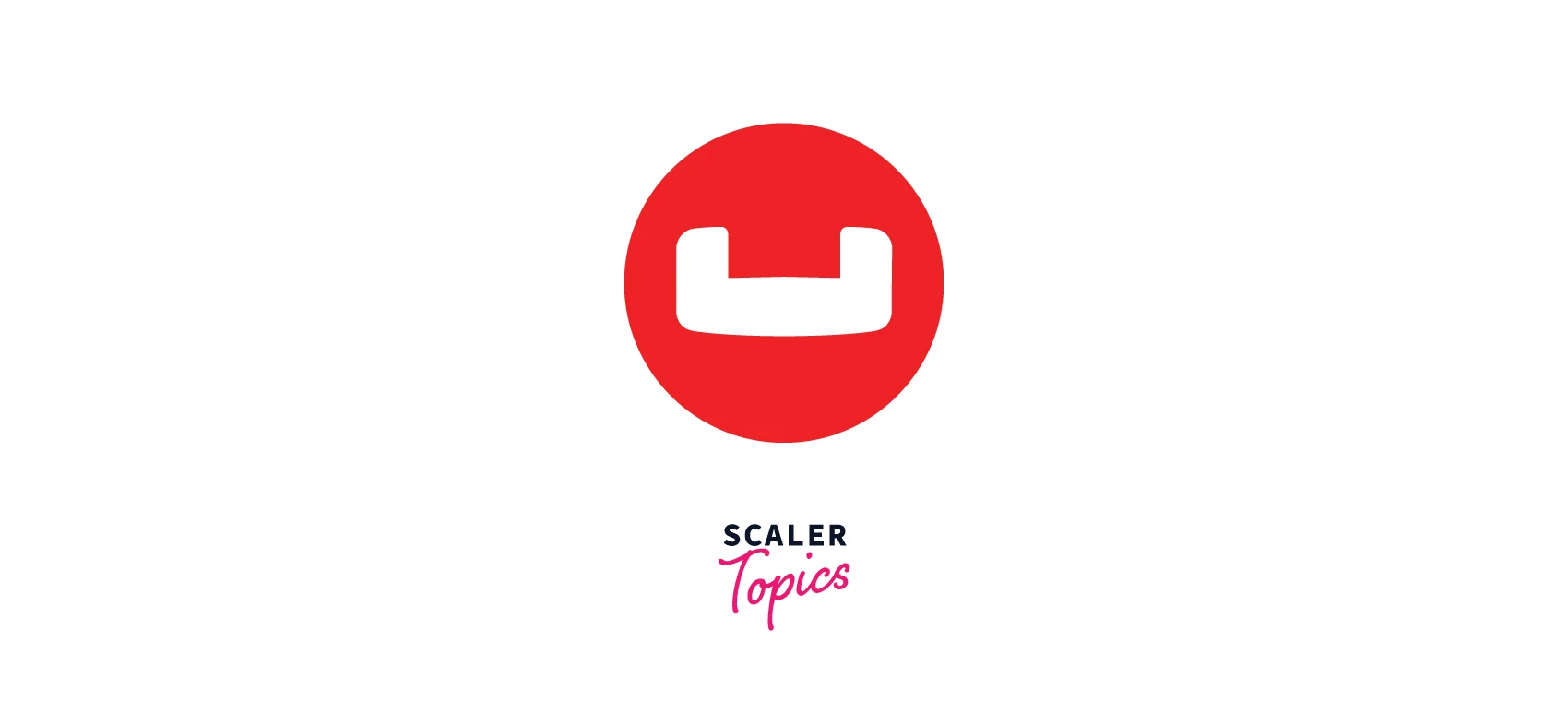 1. Couchbase 1. Couchbase | It is a distributed NoSQL database that provides high performance, scalability, and low latency access to data. It supports key-value and document data models and offers built-in caching and memory-centric architecture. | Supports multi-document transactions with its Multi-Dimensional Scaling (MDS) feature. Couchbase has a more efficient storage model than MongoDB, which can reduce storage overhead and improve performance, especially for small data objects or when storing many null values. |
 2. Cassandra 2. Cassandra | It is a highly scalable and distributed NoSQL database that is designed for handling large amounts of data across multiple nodes. It provides high availability, and fault tolerance, and supports the column-family data model. | Cassandra's flexible data model allows for efficient storage of large amounts of data. It uses a memtable and SSTable data structure, which allows it to efficiently use memory and minimize disk access, resulting in better performance for large-scale deployments. |
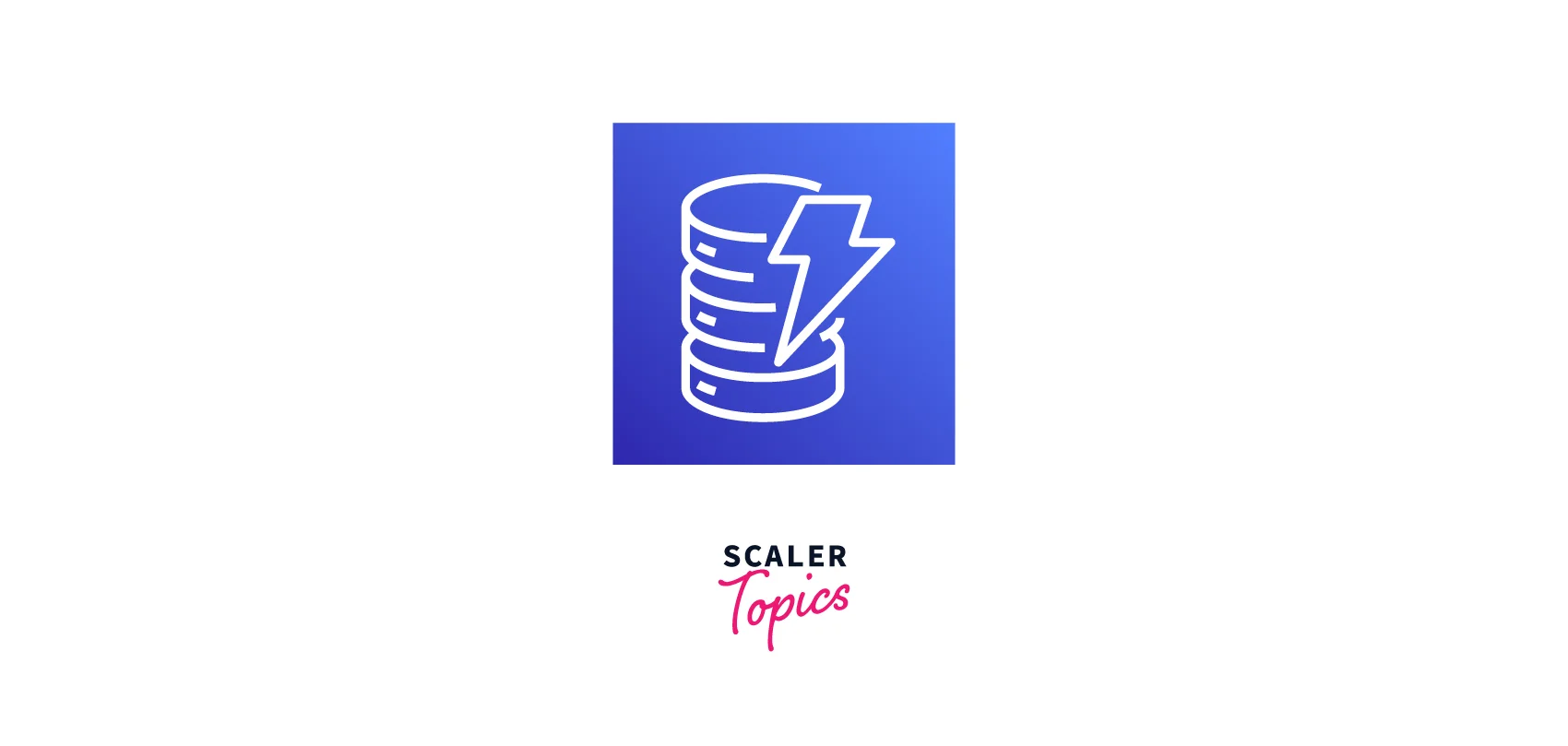 3. Amazon DynamoDB 3. Amazon DynamoDB | It is a fully managed NoSQL database service provided by AWS. It offers automatic scaling, backup, and global replication, making it a scalable and reliable option for handling diverse workloads. | Built-in support for multi-document transactions. Easy to use for developers using dynamoDB's user-friendly API. |
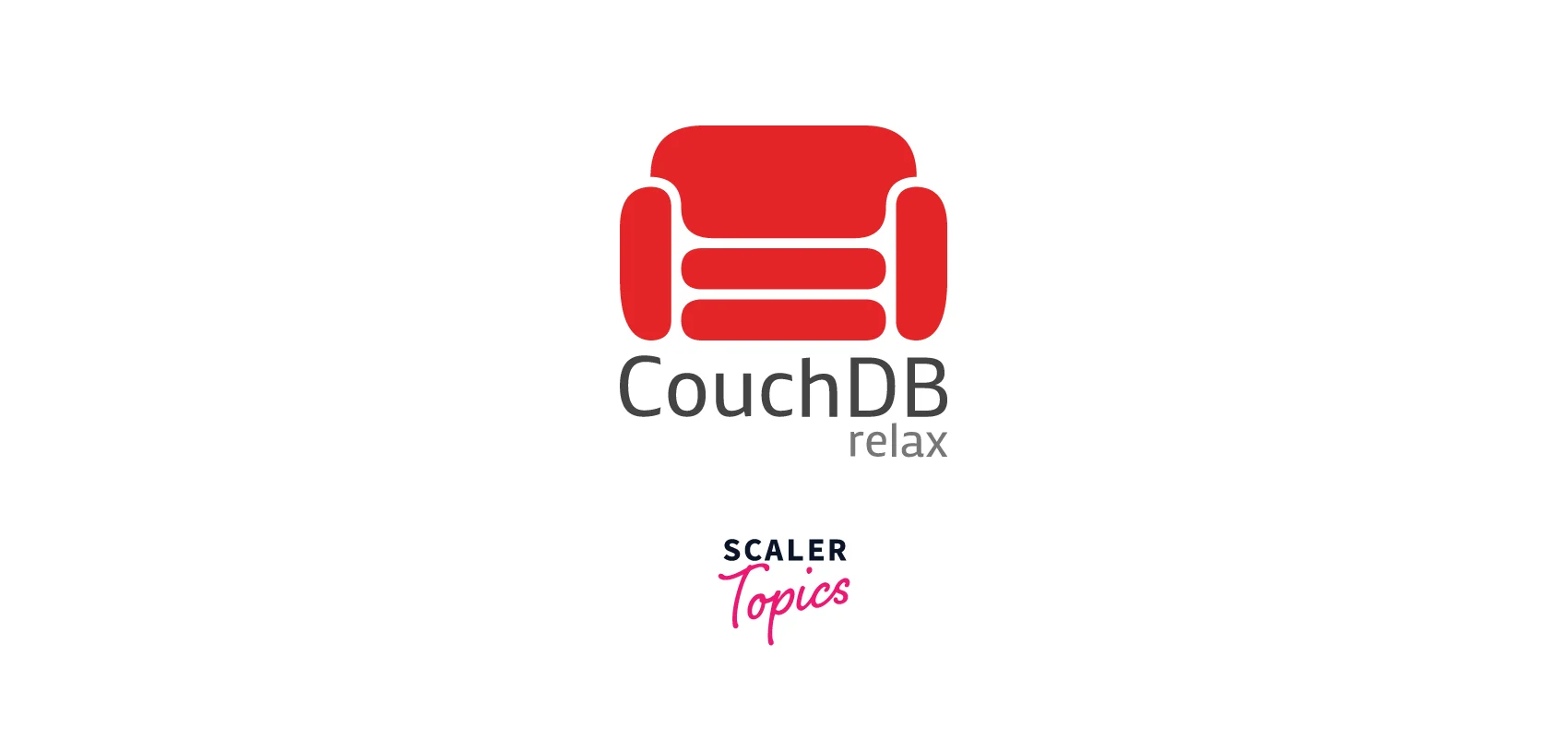 4. CouchDB 4. CouchDB | It is a distributed NoSQL database that provides replication and offline access for distributed and highly available databases. It uses a document-based data model and supports ACID transactions (a set of properties that ensure the reliability and consistency of database operations.). | Supports for Multi-Document transaction. Lower Storage Overhead. |
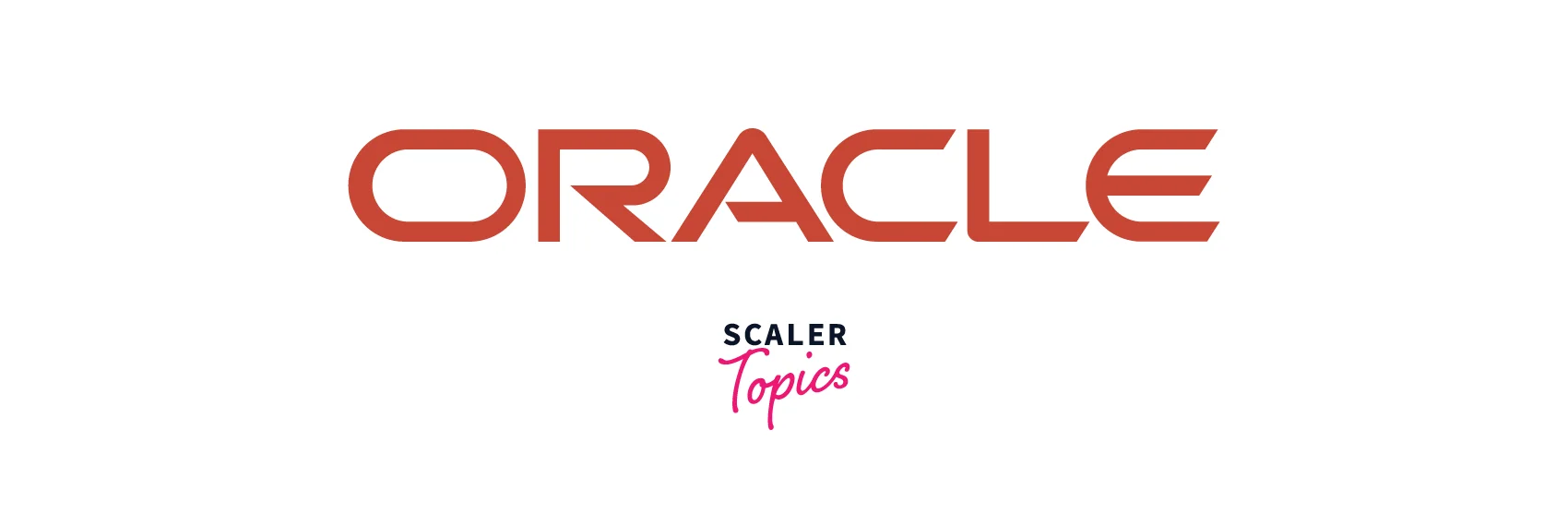 5. Oracle NoSQL Database 5. Oracle NoSQL Database | It is a distributed, highly scalable, and fully managed NoSQL database service provided by Oracle. It supports key-value and document data models and offers automatic scaling, high availability, and data durability. | Flexible memory usage. Based on SQL. Supports Multi-document transactions. Suitable for all use cases. |
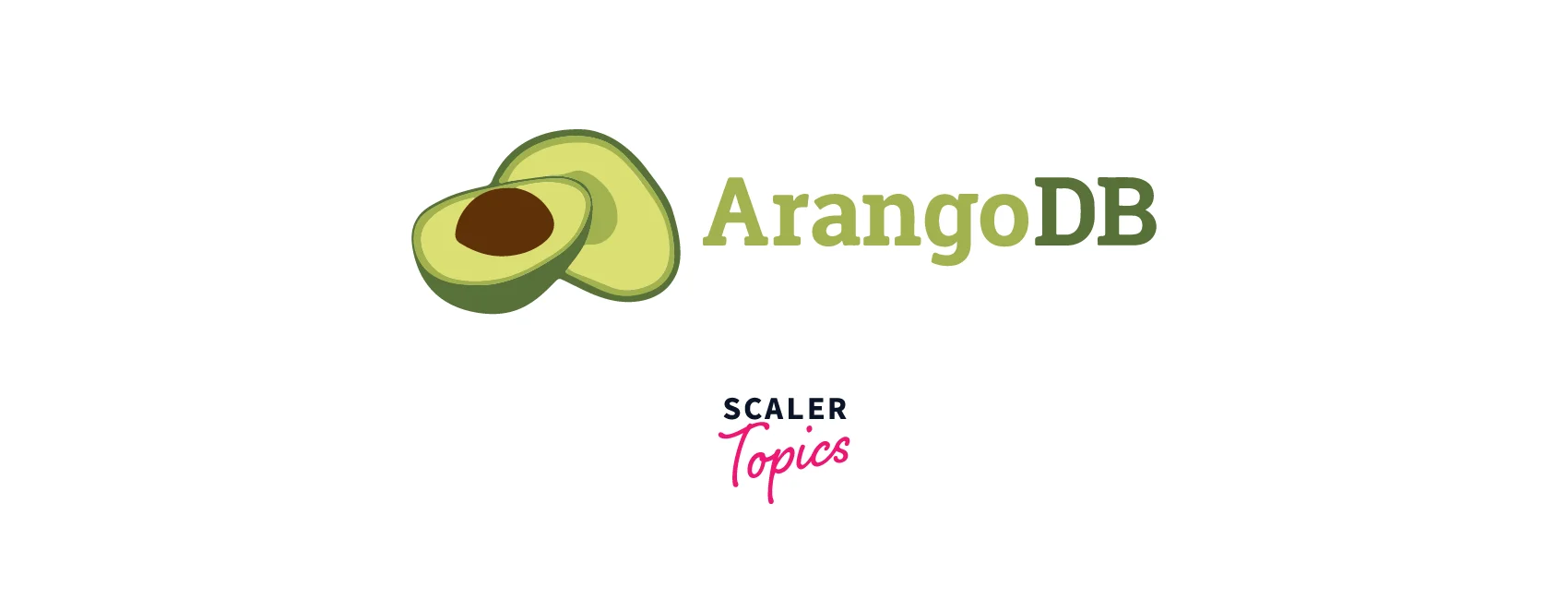 6. ArangoDB 6. ArangoDB | It is a multi-model NoSQL database that supports document, key-value, and graph data models. It provides multi-model flexibility with ACID transactions, scalability, and full-text search capabilities. | Supports Multi-Model. Built-in memory manager. Efficient storage. |
 7. Redis 7. Redis | It is an in-memory data store that is known for its high performance and low latency access to data. It supports key-value, data structures, and Pub/Sub messaging, making it a popular choice for caching and real-time applications. | Supports ACID-compliant transactions, making it easier to maintain data consistency in complex operations. |
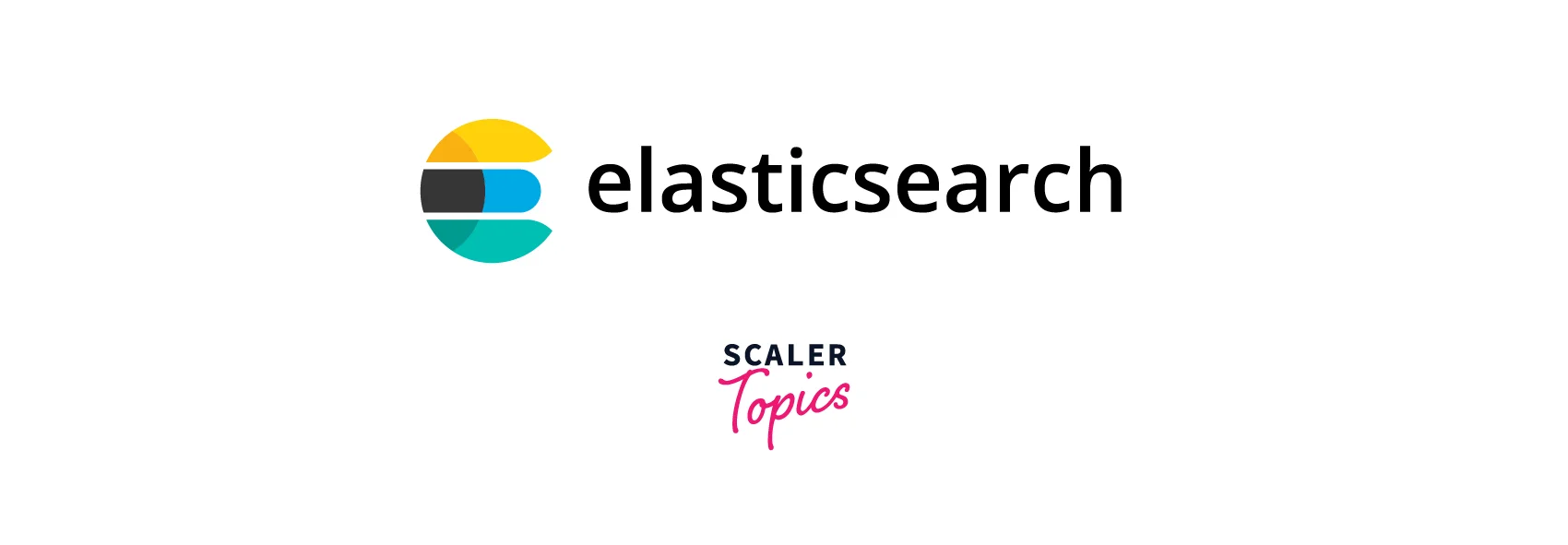 8. Elasticsearch 8. Elasticsearch | It is a distributed search and analytics engine that is optimized for real-time data analysis and searching. It is commonly used for building search and logging applications. | Uses a RESTful API, which is easy to learn and use. Supports ACID-compliant transactions, which means it is capable of handling complex data operations while maintaining data consistency. |
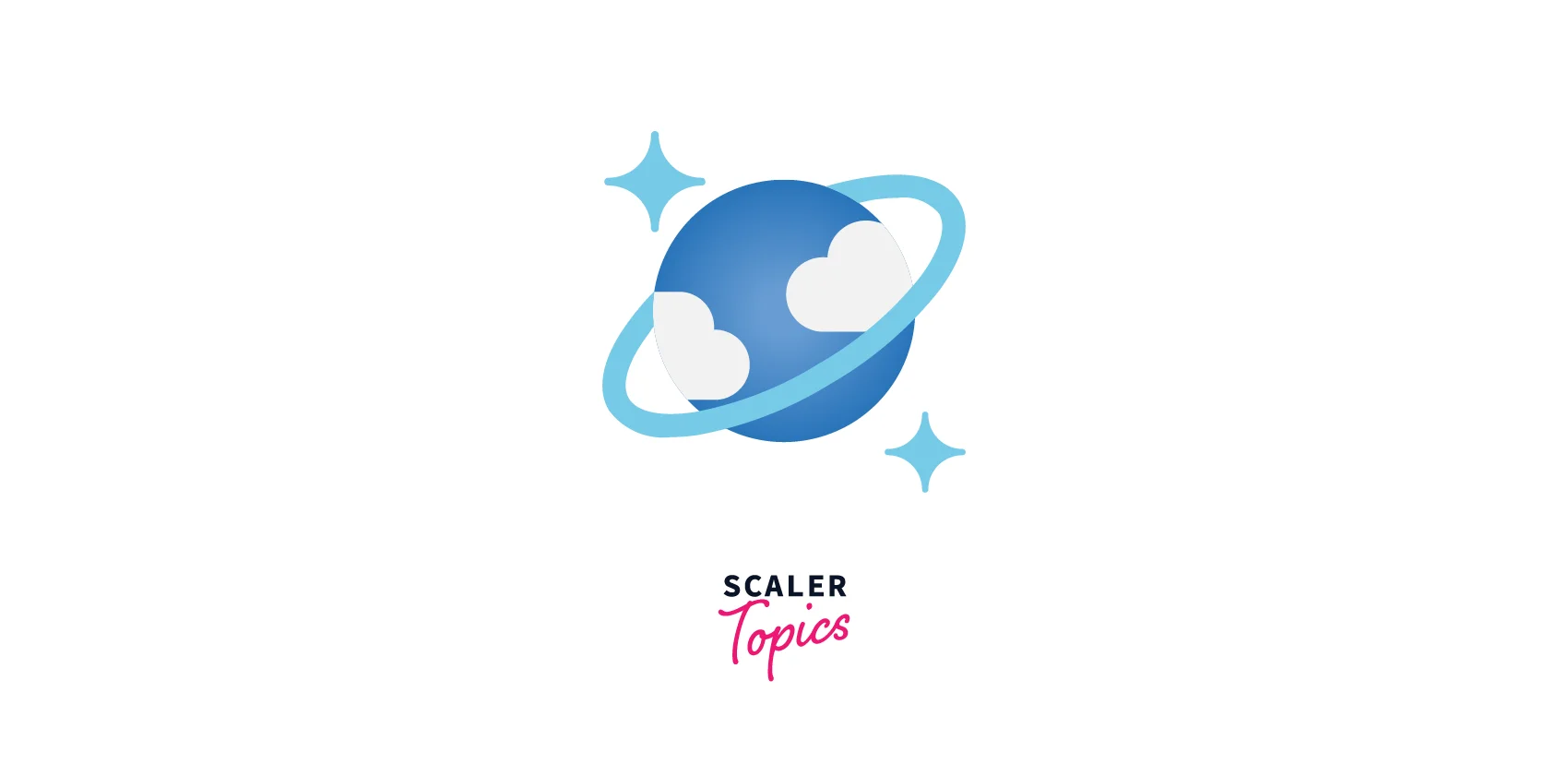 9. Microsoft Azure Cosmos DB 9. Microsoft Azure Cosmos DB | It is a globally distributed, multi-model database service provided by Microsoft Azure. It supports multiple data models, including document, key-value, graph, and column family, and offers automatic scaling, global distribution, and high availability. | Supports globally distributed and multi-model database service. Provides support for ACID transactions. |
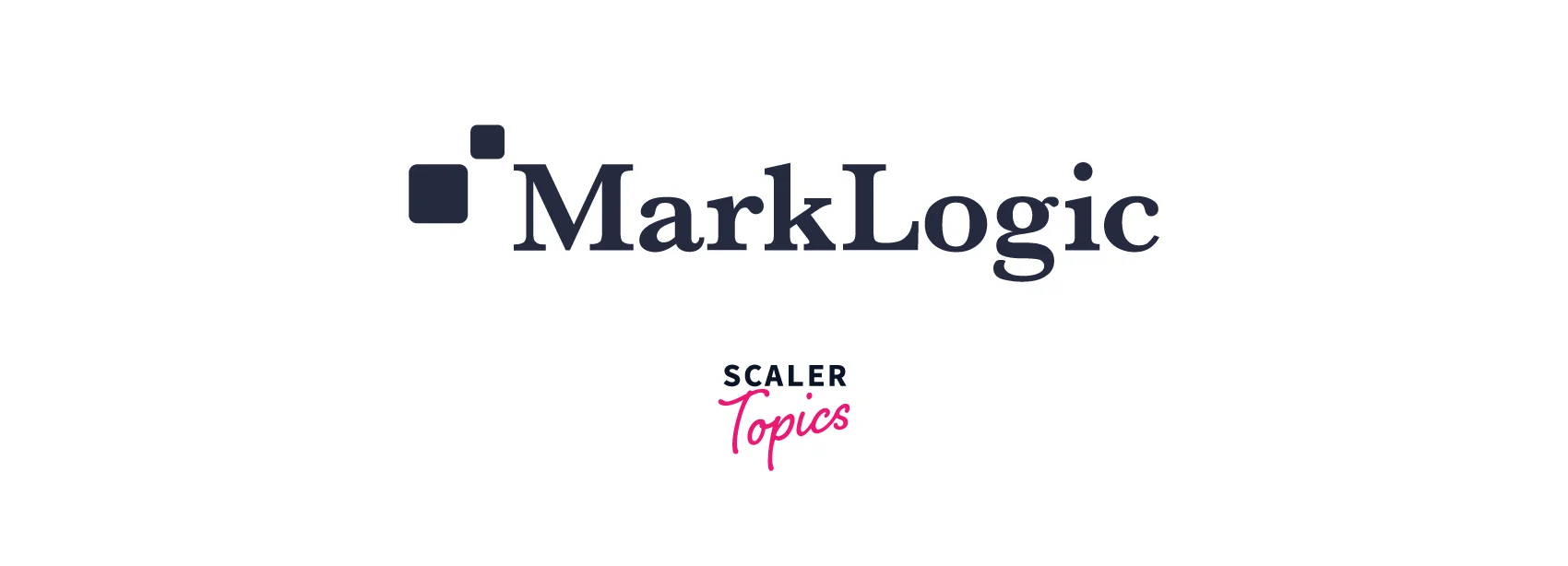 10. MarkLogic 10. MarkLogic | It is a NoSQL database designed for handling large volumes of unstructured and structured data. It provides search, analytics, and transactional capabilities, making it suitable for building data-intensive applications. | Suitable for All Use Cases. Provides multi-document transactions across multiple collections |
FAQs
Q: How do these competitors compare to MongoDB?
A: MongoDB competitors vary in terms of their data models, scalability, performance, query capabilities, ecosystem, and community. Each competitor has its own strengths and limitations, and the best fit depends on the specific use case and requirements of the application.
Q: What are the limitations of MongoDB competitors?
A: The limitations of MongoDB competitors can include higher cost compared to MongoDB, the steeper learning curve for beginners, limited community and ecosystem compared to MongoDB, potential performance limitations for certain use cases, and fewer advanced querying capabilities or indexing options.
Q: Are there any risks in switching from MongoDB to its competitors?
A: Switching from MongoDB to its competitors may involve risks such as potential data loss or corruption during migration, changes in application code or query language, potential performance differences, and potential disruptions to the application during the transition period. It's important to thoroughly plan and test the migration process to minimize risks and ensure a smooth transition.
Conclusion
- MongoDB competitors offer diverse data models and scalability options, catering to different application requirements.
- Pricing models, ecosystem, and community support may vary among MongoDB competitors.
- MongoDB competitors may have unique features such as support for ACID transactions, full-text search, or specialized query capabilities.
- Limitations of MongoDB competitors can include potential higher costs, steeper learning curves, and fewer advanced querying or indexing options.
